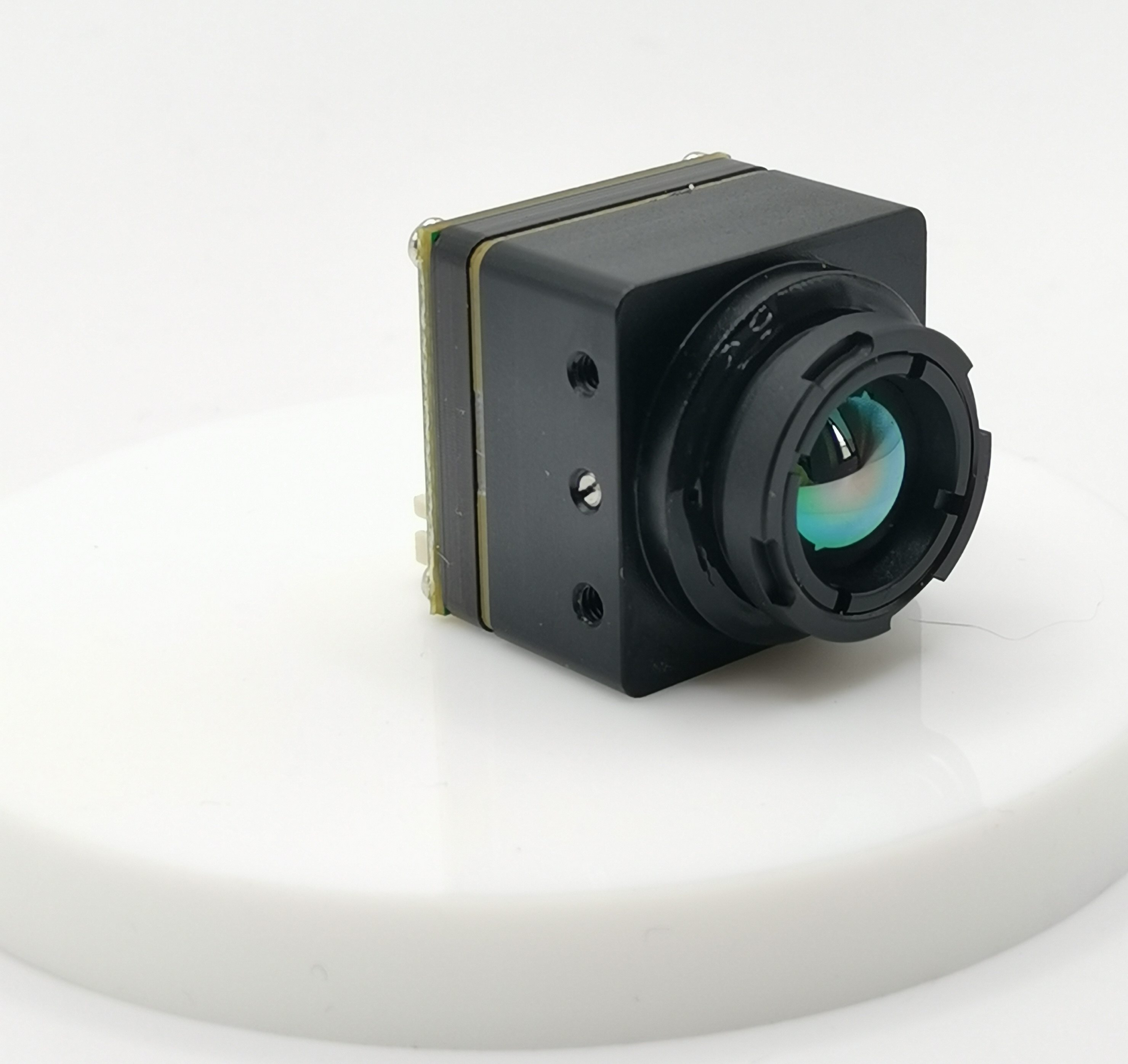Discover the 3 Waterproof Thermal Imaging Camera Drones

Thermal imaging technology has revolutionized the capabilities of drones, allowing for enhanced vision in various environments. The integration of thermal imaging in drones enables the capture of heat signatures, providing valuable insights in fields like search and rescue, agriculture, and infrastructure inspection. Moreover, the significance of waterproofing in drones cannot be overstated. It ensures the protection of delicate internal components and allows operations in adverse weather conditions, making it a crucial feature for outdoor applications.
Introduction to Waterproof Thermal Imaging Drones
The Rise of Thermal Imaging in Drones
In recent years, the utilization of thermal imaging camera drones has experienced a remarkable surge. This advancement has significantly expanded the capabilities of drones, allowing them to capture and interpret heat signatures from their surroundings. By leveraging thermal imaging technology, these drones can detect temperature variations and identify objects that may be invisible to the naked eye. This has proven to be invaluable in various fields such as wildlife monitoring, building inspections, and firefighting operations.
Why Waterproofing Matters
The incorporation of waterproofing features in thermal imaging camera drones holds immense significance for their operational efficiency and longevity. When deployed in outdoor settings or challenging weather conditions, the ability to withstand water exposure becomes crucial. Waterproofing not only safeguards the internal components from moisture damage but also ensures uninterrupted functionality during rain or foggy conditions. This feature enhances the overall durability and reliability of thermal imaging drones, making them suitable for a wide range of applications across different industries.
Top 3 Waterproof Thermal Imaging Camera Drones
Drone 1: Advanced Features
Thermal Imaging Capabilities
When it comes to thermal imaging capabilities, Drone 1 sets a new standard in the industry. Equipped with state-of-the-art thermal imaging technology, it can accurately detect and capture heat signatures with exceptional clarity. The high-resolution thermal camera integrated into this drone provides detailed thermal images, allowing for precise temperature measurements and analysis. This feature makes Drone 1 an ideal choice for applications such as wildlife monitoring, building inspections, and search and rescue operations.
Waterproofing Details
In addition to its remarkable thermal imaging capabilities, Drone 1 boasts advanced waterproofing details that ensure its resilience in challenging environmental conditions. With a robust waterproof design, this drone can withstand exposure to rain, snow, and fog without compromising its performance. The waterproofing features extend to vital components, protecting them from moisture damage and enabling the drone to operate seamlessly in various weather conditions. This makes Drone 1 a reliable choice for outdoor missions where waterproofing is essential.
Drone 2: Versatile Use Cases
FPV Thermal Camera Integration
Drone 2 stands out for its seamless integration of FPV (First Person View) thermal camera technology. This innovative feature allows users to experience real-time thermal imaging through immersive FPV goggles or monitors. The integration of FPV thermal cameras enhances situational awareness during flight operations, providing a unique perspective for pilots and operators. Whether it's conducting aerial surveys or monitoring critical infrastructure, the FPV thermal camera integration of Drone 2 offers unparalleled versatility and functionality.
Durability and Design
Beyond its impressive thermal imaging capabilities, Drone 2 excels in durability and design aspects. Engineered with rugged construction and reinforced materials, this drone is built to withstand demanding environments while maintaining peak performance. Its aerodynamic design contributes to stability during flights, ensuring smooth maneuverability even in adverse weather conditions. The combination of durability and thoughtful design makes Drone 2 a reliable choice for professionals seeking a versatile and resilient thermal imaging solution.
Drone 3: High-Performance Model
Exceptional Imaging and Zoom
Drone 3 represents a high-performance model that delivers exceptional imaging quality coupled with advanced zoom capabilities. Equipped with cutting-edge imaging sensors, this drone captures detailed thermal images with unmatched precision. The incorporation of high-quality optics further enhances image clarity, allowing users to discern intricate details within the captured thermal footage. Moreover, the zoom functionality enables precise examination of distant objects or areas of interest, making Drone 3 an invaluable tool for comprehensive aerial inspections.
Waterproof Ratings Explained
One of the standout features of Drone 3 is its comprehensive waterproof ratings that ensure reliable performance in wet or humid environments. With an IPX7 waterproof rating, this drone can withstand immersion in water up to one meter deep for thirty minutes without sustaining damage. Additionally, its sealed construction protects sensitive electronics from moisture ingress, guaranteeing consistent operation even in challenging weather conditions. The robust waterproof ratings make Drone 3 an ideal choice for professionals requiring both superior imaging capabilities and exceptional resilience.
Features and Benefits of Thermal Imaging Drones
Understanding Thermal Imaging
How It Works
Thermal imaging operates on the principle of detecting heat signatures emitted by objects in the environment. Infrared radiation is captured by the thermal camera, which then translates this data into a visual representation based on temperature variations. The warmer areas appear brighter, while cooler regions appear darker in the thermal images. This process allows for the visualization of heat patterns, making it possible to identify anomalies or sources of interest that may not be visible through traditional imaging methods.
Applications in Various Fields
The applications of thermal imaging technology in various fields are extensive and diverse. In agriculture, thermal imaging drones are utilized to assess crop health, identify irrigation issues, and monitor livestock conditions. Additionally, in search and rescue operations, these drones aid in locating missing persons by detecting body heat signatures in challenging terrains or low-visibility conditions. Furthermore, thermal imaging plays a crucial role in infrastructure inspections by identifying structural defects or energy inefficiencies within buildings. The versatility of thermal imaging extends to wildlife monitoring, where it enables researchers to track animal movements and conduct ecological studies with minimal disturbance.
Benefits of Waterproof Drones
Enhanced Durability
The integration of waterproofing features enhances the overall durability of thermal imaging camera drones. By safeguarding internal components from water damage, these drones can withstand exposure to rain, snow, or high humidity levels without compromising their functionality. This extended durability ensures that the drones remain operational even in adverse weather conditions, contributing to their reliability for outdoor missions.
Expanded Operational Environments
Waterproof drones expand operational capabilities by enabling flights in environments where water exposure is a constant risk. Whether it's conducting surveys over bodies of water or performing inspections during light rain showers, waterproof thermal imaging camera drones offer increased flexibility for aerial operations. This expanded operational range allows professionals to utilize thermal imaging technology across a wider spectrum of environmental conditions with confidence.
Choosing the Right Thermal Imaging Drone
Key Considerations
Camera Quality and Resolution
When selecting a thermal imaging drone, the camera quality and resolution are pivotal factors to consider. Opt for drones equipped with high-resolution thermal cameras that can capture detailed images with clarity. The ability to discern temperature variations accurately is essential for diverse applications, ranging from precision agriculture to infrastructure inspections. Additionally, assess the overall imaging capabilities of the drone's camera system, including its sensitivity to heat differentials and the level of detail it can capture.
Waterproofing Level
The waterproofing level of a thermal imaging drone is a critical aspect that directly impacts its operational versatility. Look for drones with robust waterproofing features that enable them to withstand exposure to water and adverse weather conditions. Understanding the specific waterproof ratings and ingress protection standards of the drone is vital in ensuring reliable performance in challenging environments. A higher waterproofing level expands the range of operational scenarios where the drone can be deployed, making it suitable for a broader spectrum of outdoor missions.
In conclusion, the top 3 waterproof thermal imaging camera drones offer unparalleled capabilities for diverse applications. Each drone excels in thermal imaging technology and robust waterproofing features, making them reliable choices for professionals across industries. When selecting the right drone, it's crucial to consider specific needs and operational environments. By choosing a drone that meets both thermal imaging and waterproofing requirements, professionals can ensure optimal performance and durability in challenging conditions. Selecting the right drone is not just a choice; it's a strategic investment in unlocking the full potential of thermal imaging technology for outdoor missions.
See Also
Revealing the Ultimate Features of Top Thermal Camera Drones
Selecting the Optimal Drone Thermal Camera with FPV Tech
Selecting the Ideal FPV Thermal Camera for Drone Imaging
Selecting the Top Analog FPV Thermal Camera for Drone Use
Innovations in Small Thermal Camera Technology for Drone Imaging
Contact Us: Ms. Coco Huang
E-mail: sales@iasun.cn
WhatsApp/Wechat: +86 13510421923

